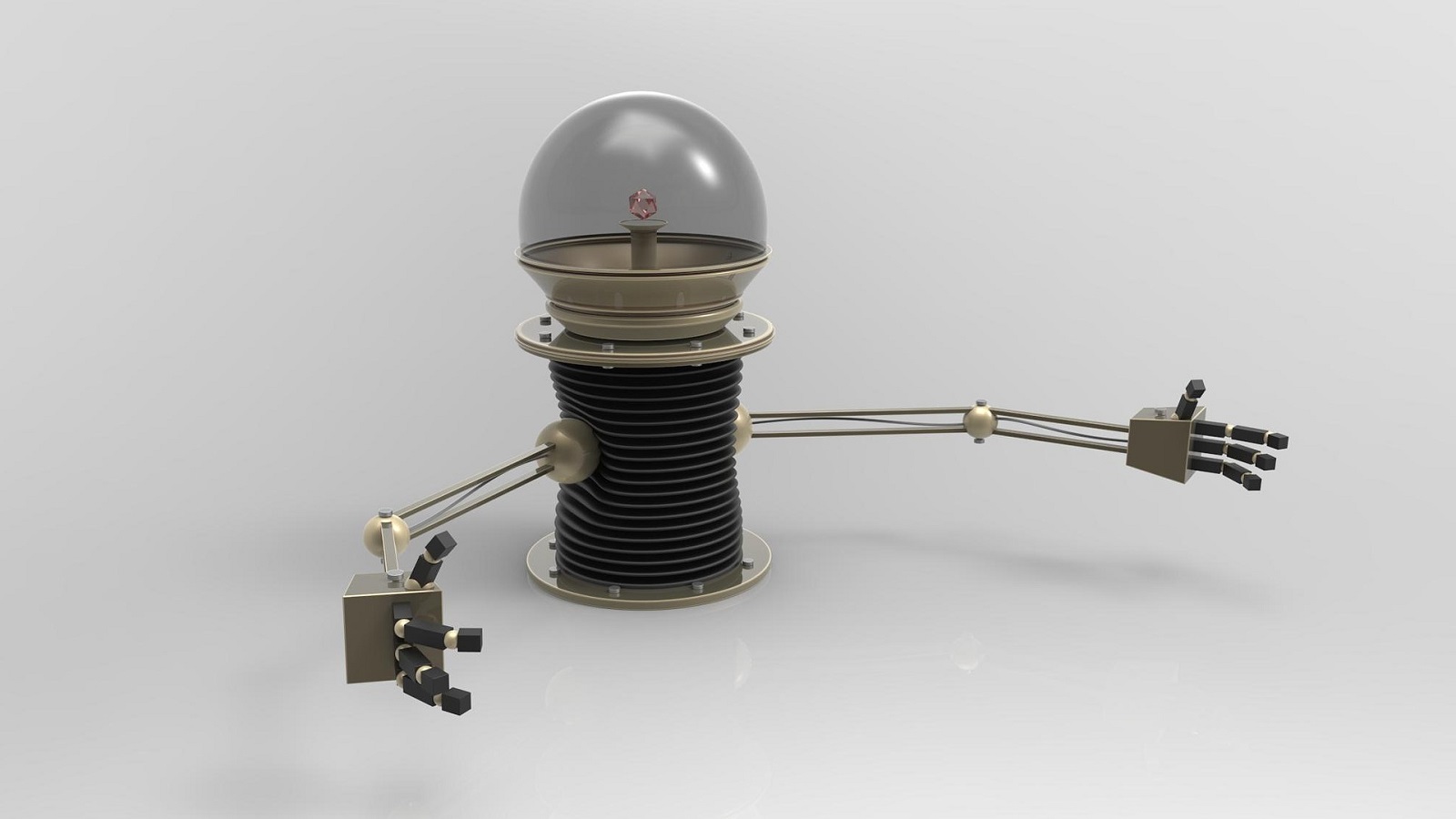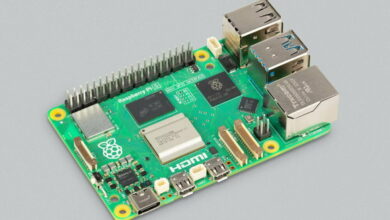
In recent years, there has been progress in the adoption of Artificial Intelligence (AI) by Spanish companies. According to the report “Use of Artificial Intelligence and big data in Spanish companies 2023” from the National Observatory of Technology and Society, the percentage of companies in 2022 with more than ten people employed that use these technologies has increased to 11.8%, almost four points more than in 2021.
In this context, Artificial Intelligence is key in the strategy of the agenda Digital Spain 2026 due to its great capacity to transform the economy and society: it allows to improve predictions, streamline operations and personalize services. This technological revolution is already having a direct impact on several sectors. As in the hospitality industry, for example, where robot waiters and cooks are already a reality in some restaurants. In the health sector there are advances such as algorithms capable of knowing diagnoses or robots that perform surgeries. Also, transportation will be one of the big ones affected by this technological advance.
Influence of Artificial Intelligence in voice dubbing
Another industry where AI appears is in the audiovisual industry. It has been facilitating work in the sector for several years, especially the integration of software that helps to post-production issues. However, a field within this sector where its applications are not so well known is dubbing. For example, it is very useful in a comedic or commercial video, where it is more effective and faster to implement AI.
This suggests that in certain places artificial intelligence is coming to replace dubbing actors, especially now that ChatGPT is so present. The reality is that a machine will never be able to provide the human factor or transmit emotions correctly, therefore, the voice actor will always be necessary to give the project emotion. We must not forget that being a dubbing actor is a profession that requires training, such as the one offered by the 35MM dubbing courseto learn how to modulate and adapt the voice to each character.
“Dubbing today not only serves to bring audiovisual projects closer to an audience that does not know the original language, but it also helps people with vision problems and who cannot read subtitles, for example, to enjoy these works. This is why dubbing is so important, since it democratizes this type of content”, affirms Leticia García, project manager of 35MM, the audiovisual school of those who create, and Tokio School, the academy of new technologies.
What are the opportunities of AI in the voice-over sector?
As in most sectors, in dubbing, if artificial intelligence is used properly, it can be a useful tool, since it provides tools to improve performance and quality of work. Leticia García has prepared a list with four applications that artificial intelligence has in the world of dubbing.
- Real time translation: AI can help voice actors translate dialogue from one language to another in real time, which can be helpful in improving line comprehension and performance.
- Voice training: This new technology can help voice actors train and improve their voice. For example, the AI can analyze the voice of actors, identify areas for improvement, and provide feedback to help them develop their vocal abilities.
- voice synthesis: Natural-sounding, realistic-sounding synthetic voices can be generated, which can be useful for character creation in movies, TV shows, and video games that might not otherwise be done due to lack of demand. Voice actors can work with AI to create unique voices for fictional characters.
- Task automation: Artificial Intelligence can help automate tasks like audio editing, lip syncing, and error correction, which can help voice actors improve their efficiency and productivity.



